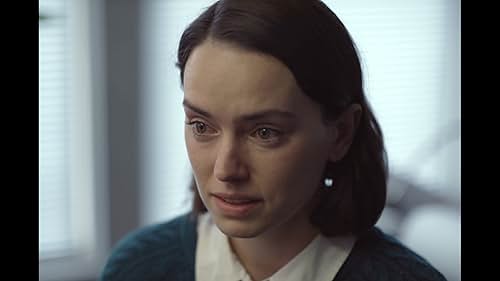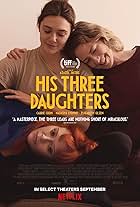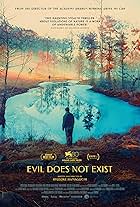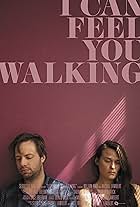The energy of this film is in its stillness.
Sparse dialogue. No driving, linear narrative. The camera is perpetually stationary. Almost nothing is loud or abrupt. But it hums restlessly with quiet anxiety.
Your attention is never commanded, but your interest is rewarded. Fran is the subject of your observation, and she is in everything subtle and restrained. Every modulation of body language, shade of facial expression, and placement of gaze dispenses information. You are with her constantly and quickly become intimate. You consider her, wonder at her. You empathize with her; you're confused by her. You don't have to understand her. You simply see what she sees and feel what she feels. You are there when she is tense and afraid, when she allows herself to smile, when she indulges her desire and when she represses it. She's a particularly vulnerable human, and you are there in the midst of all of it. This film and its protagonist are beautifully small, shy, and fragile, and watching it is compelling if you can feel the weight of responsibility that comes with so intimately witnessing a person in their intense vulnerability.
Sometimes I Think About Dying feels precious in its plain honesty and total vulnerability.
It's not a story, just a person.





































